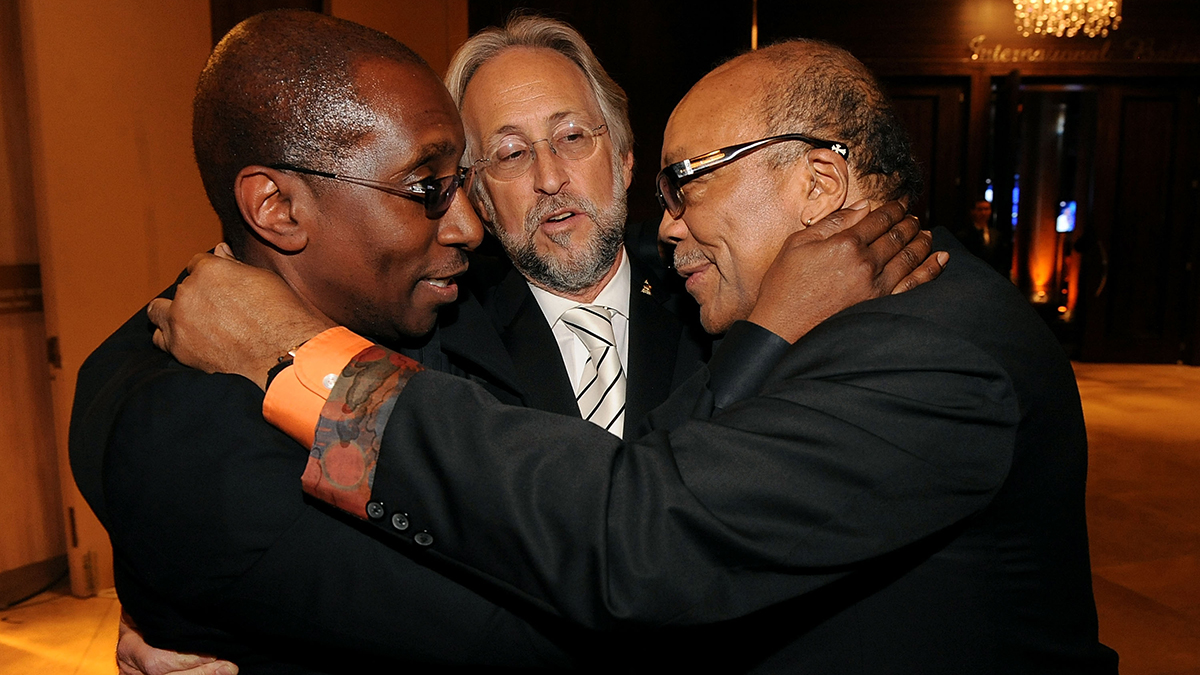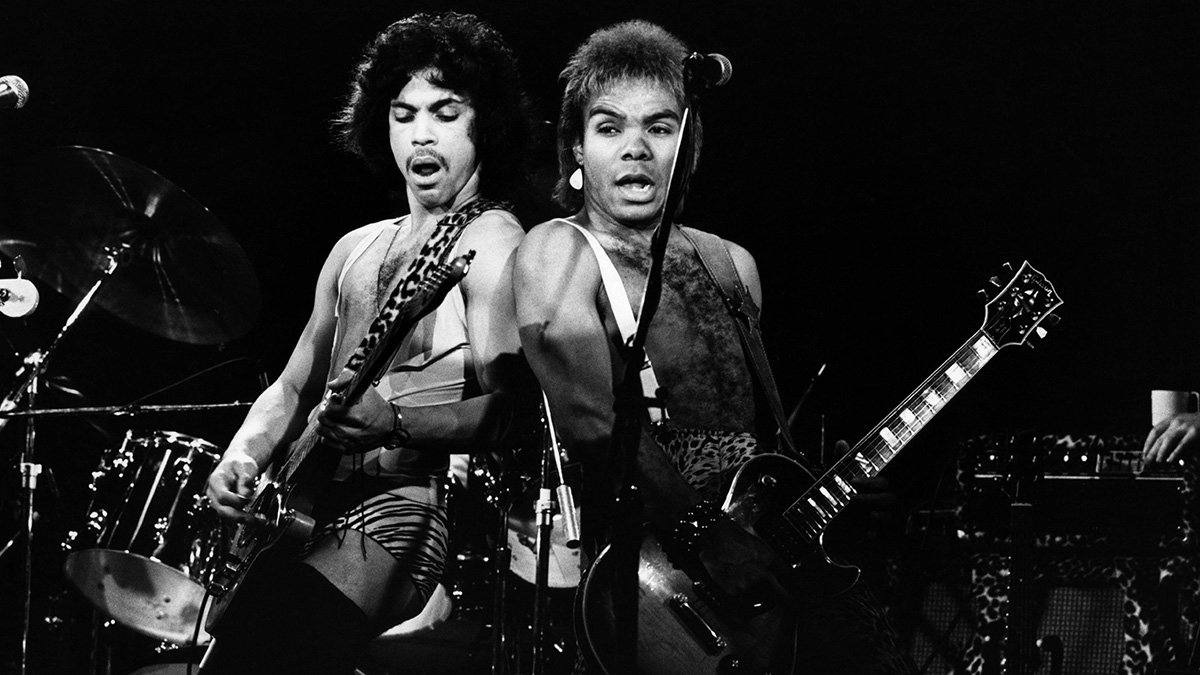“I did a demo. I had Sheila E playing on it and Michael sang on it. I played it for Quincy and he said, ‘No.’”: Greg Phillinganes on the Michael Jackson song arrangement that Quincy Jones rejected because it wasn't "sexy" enough
Phillinganes reveals that he last saw Jones earlier this year, when they “talked and reminisced”

If anyone knew what it was like to work with Quincy Jones, who died on 3 November at the age of 91, it was Greg Phillinganes. The renowned keyboard player first met Jones in 1973, when he was only 18 years old, and he soon became one of his go-to musicians.
Now, in a new interview with Billboard, Phillinganes has been reflecting on his relationship with Jones and what made him so special.
“The thing about Quincy is, if he invites you in, it’s assumed you are worthy of being there,” he explains. “He has a gentle way. If he’s sweating, he never lets you see it. He’s always able to bring out not only the best in you, but qualities in you that you didn’t even know you had. It’s only after the fact that you realise you’re a better musician than before you went in.”
Phillinganes goes on to provide evidence of Jones’ vision and single-mindedness with a story about I Can’t Help It, from Michael Jackson’s 1979 Quincy-produced album, Off The Wall. Written by Stevie Wonder and The Supremes' Susaye Greene, a demo version was sent to Quincy and his team so that they could consider it.
“We got the demo, we’re in the studio, we heard it,” recalls Phillinganes. “It was an uptempo Latin feeling. Quincy gave me the responsibility of handling it. I thought, ‘Great, I’m going to do the same kind of thing Stevie did, and really amp it up and make it jazzy.’”
As Phillinganes recalls, though, Jones had other ideas: “I did a demo. I had Sheila E playing on it and Michael [Jackson] sang on it. I played it for Quincy and he said, ‘No.’ Quincy said, ‘No, we have to slow it down and make it sexy.’ Quincy was trying to establish Michael as an adult. When I understood that assignment, I jumped all over it and put a beautiful Rhodes on it and sexy synth bass and these gorgeous lush synths and overdubs. That is the version that’s on the record.”
For comparison, here's the version that was released...
Get the MusicRadar Newsletter
Want all the hottest music and gear news, reviews, deals, features and more, direct to your inbox? Sign up here.
...And here's what we suspect is the earlier demo that Phillinganes is referring to.
Elsewhere in the interview, Phillinganes - who also played on Michael Jackson's Thriller and Bad albums, both of which were produced by Jones - reveals that the producer always called him Mouse, a nickname that was given to him when he was in junior high school. In fact, this tradition continued right up until what turned out to be their final meeting.
“The last time I saw him was 17 June,” says Phillinganes. “It took months of planning. I’d been desperately trying to contact him and it was so tough because the family were really keeping things tightly monitored, and understandably so. It was finally arranged and we talked and reminisced. He said things like, ‘Life is amazing, isn’t it, Mouse?’ He was sitting in a chair and I stood behind him and he held my hand and kissed it. Just so beautiful and intimate, and I will never forget it.”



I’m the Deputy Editor of MusicRadar, having worked on the site since its launch in 2007. I previously spent eight years working on our sister magazine, Computer Music. I’ve been playing the piano, gigging in bands and failing to finish tracks at home for more than 30 years, 24 of which I’ve also spent writing about music and the ever-changing technology used to make it.

![Michael Jackson - 19. I Can't Help It (Original Demo) [Audio HQ] HD - YouTube](https://img.youtube.com/vi/poOQnzMt_1Q/maxresdefault.jpg)









